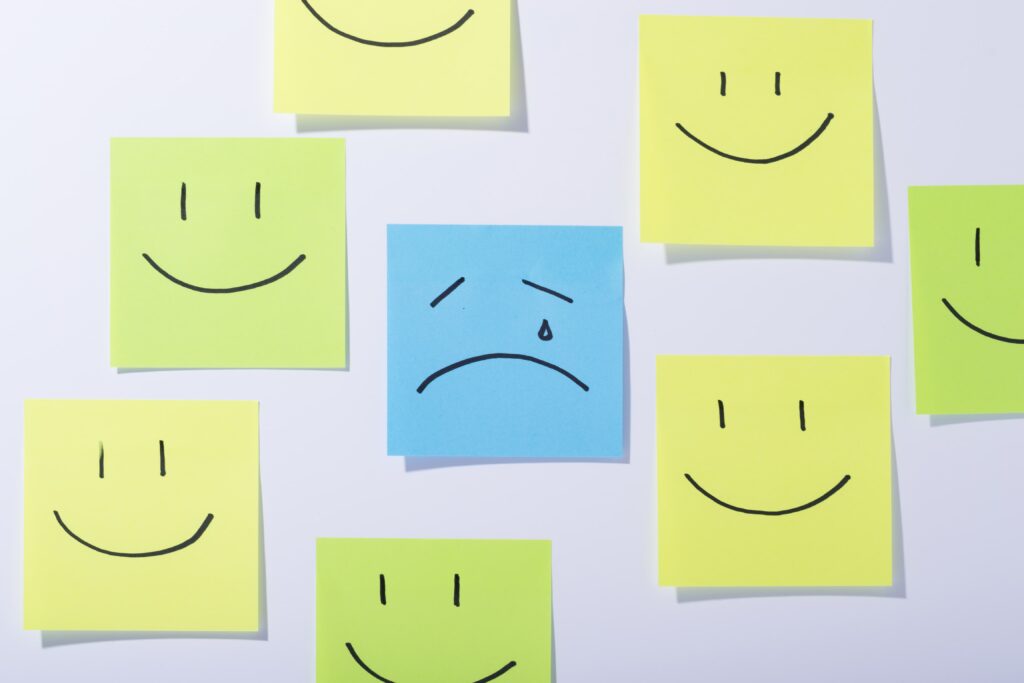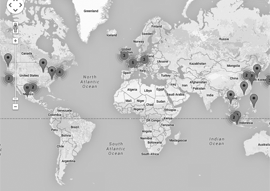Anybody toiling on the front line of a supply chain organization knows how challenging it can be. We all can relate to the immense pressure to defy the laws of physics to produce products well within realistic lead times, from late night/early morning calls with international partners and suppliers, to circumnavigating the globe to multiple worldwide locations like a modern-day Magellan. This type of high-pressure environment, while negative in and of itself, can do more than just weigh an organization down. It will most likely lead to an enduring negative culture.
A negative culture within a supply chain organization has a cascading effect that manifests in a range of issues that hinder productivity, efficiency, and overall success.
- Reactive Rather Than Proactive Planning:
- In a negative culture, supply chain planning may focus on reacting to problems rather than proactively identifying and addressing potential issues.
- This reactive approach can lead to higher costs, delays, and disruptions in the supply chain, impacting customer satisfaction and business performance.
- Low Employee Morale and Engagement:
- In a negative work culture, employees may feel undervalued, unsupported, or overworked. This can lead to low morale and disengagement, resulting in decreased productivity and higher turnover rates.
- Disengaged employees are less likely to contribute innovative ideas or take ownership of their work, impacting the quality of supply chain planning.
On the flipside, organizations that foster a positive culture in their supply chain can experience higher employee morale, greater customer satisfaction, and improved collaboration. By fostering an environment of trust, respect, and open communication, organizations can optimize their supply chain operations and achieve greater success that includes both short-term improvements as well as long-term strategic results:
- Enhanced Collaboration and Communication:
- A positive culture encourages open communication and collaboration across teams in different functions and locations. When everyone feels comfortable enough to openly share ideas and information, problems can be resolved more quickly and efficiently, and innovative solutions can emerge.
- Improved communication helps in aligning goals and strategies across the supply chain, breaking down the walls of silos within the organization, and ensuring that all stakeholders are on the same page working towards common objectives.
- Increased Employee Engagement and Satisfaction:
- Employees who feel valued and supported in a positive culture are more likely to be engaged in their work. This inclusive engagement translates to higher levels of motivation and productivity.
- Engaged and satisfied employees are more likely to take ownership of their role and contribute positively to the supply chain by providing insights, feedback, and innovative ideas.
- Stronger Relationships with Suppliers and Partners:
- A positive culture extends to relationships with suppliers and partners. Organizations that treat their suppliers as partners build trust and loyalty, leading to more effective collaboration and better outcomes.
- Strong relationships can give rise to mutually beneficial partnerships, resulting in cost savings, timely deliveries, shared risk management, and access to new resources and technologies.
- Innovation and Continuous Improvement:
- A culture that encourages innovation and risk-taking can generate new ideas and new technologies that optimize processes, improve efficiency, and enhance the overall performance of the supply chain.
- Continuous improvement is a hallmark of a positive culture, as employees are motivated to seek ways to enhance processes, reduce waste, and increase value.
- Resilience and Adaptability:
- A positive culture promotes a flexible and adaptive approach to challenges. Teams that work well together and are empowered to make decisions can respond quickly to disruptions in the supply chain.
- Organizations that can quickly adapt to disruptions or changing market conditions are better positioned to maintain continuity and meet customer demands.
- Improved Customer Satisfaction:
- When a supply chain operates efficiently and ethically, it leads to improved customer satisfaction. Products and services are delivered on time, meet quality standards, and align with customer expectations.
- Satisfied customers are more likely to be loyal and recommend the company to others, leading to increased business opportunities and business growth.
- Compliance and Ethical Practices:
- A culture that prioritizes ethical practices and compliance with regulations helps maintain the integrity of the supply chain.
- This commitment to ethical behavior builds trust with customers, suppliers, and other stakeholders, reducing the risk of reputational damage.
Adopting a positive culture in the supply chain can have far-reaching benefits for any organization. By focusing on collaboration, employee engagement, strong relationships, adaptability, continuous improvement, ethical practices, and customer satisfaction, organizations can achieve better overall results and maintain a competitive edge in their markets. A key intangible point can’t be overstated—a positive work environment is also a more enjoyable work environment. For many organizations, it’s worth taking an introspective look at how they can foster a more positive culture.



